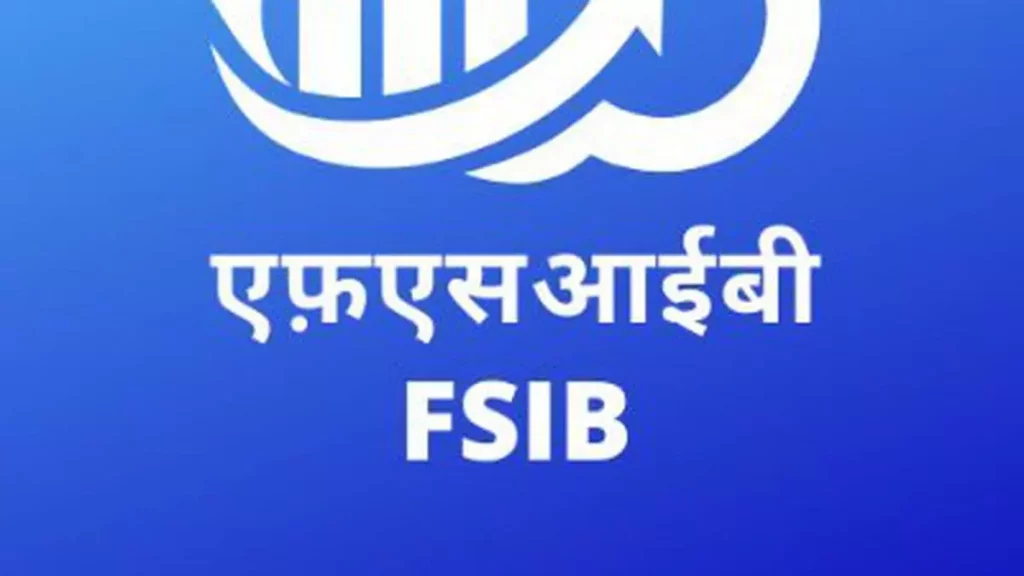I n a surprising twist, the Financial Services Institutions Bureau (FSIB) postponed the much-awaited interview to select the next chairman of the State Bank of India (SBI). The last-minute decision came just hours before the interviews were set to begin, catching many by surprise.
The FSIB responsible for finding directors for state-owned banks and financial institutions, was set to interview candidates to replace Dinesh Khara, who is retiring August 28 upon reaching the age of 63 for the chairman position.
The process typically involved choosing from the current managing directors of SBI. The FSIB recommends a candidate, with the final appointment made by the Appointments Committee of the Cabinet, chaired by Prime Minister Narendra Modi. Quite possible that the interviews were postponed due to the ongoing general elections and will take place once the new government is sworn in.
The FSIB is led by Bhanu Pratap Sharma, former secretary of the Department of Personnel and Training (DoPT) and the selection panel includes the Financial Services Secretary, the Department of Public Enterprises Secretary and an RBI Deputy Governor. Other members are Animesh Chauhan, former chairman and MD of Oriental Bank of Commerce, RBI’s ex-executive director Deepak Singhal and Shailendra Bhandari, former MD of ING Vysya Bank. The wait continues.
CISF takes charge, PSS future uncertain
Why have 3,300 CISF personnel abruptly replaced 1,400 CRPF personnel in guarding the two Parliament buildings during the general elections? This significant shift has sparked concerns, with many wondering about the future of the Parliament Security Service (PSS).
Observers and babus are puzzled by the decision to assign key security functions to the CISF, a force primarily experienced in managing public interactions at airports and metro stations. The CISF’s limited familiarity with the unique security demands of Parliament has intensified these concerns. The PSS, on the other hand, has been a cornerstone of Parliament’s security since India adopted its Constitution in 1950.
This move has naturally left many PSS officials anxious about their jobs. Contributing to their worries is the fact that no new hirings have been done in the past ten years. Additionally, PSS officers, originally hired by the Parliament secretariat, now fall under the jurisdiction of the Government of India, with rumours of forced retirement at age 55 further unsettling them.
The PSS has traditionally worked closely with other security agencies to ensure a seamless and user-friendly security environment. It specializes in identifying MPs, VIPs and staff, thereby preventing undue harassment and unauthorized entry. This expertise is now at risk as the CISF assumes control.
With no clear answers forthcoming, the apprehensions among PSS officials and the broader implications for parliamentary security remain unresolved.
Historic choice awaits Rajiv Gauba, the current Cabinet Secretary of India, is set to make history as the longest-serving individual in this role if he steps down in August. Gauba, a 1982-batch officer from the Jharkhand cadre, will surpass P.K. Sinha, who served just over four years.
While one shouldn’t get ahead of oneself in figuring out his likely successor, three standout 1987 batch IAS officers are in the running to step up to his role. Gauba’s replacement will likely be one of these three – Finance Secretary T.V. Somanathan, Gujarat Chief Secretary Raj Kumar, and Jal Shakti Secretary Vini Mahajan – each with an impressive background and excellent credentials.
Somanathan, from the Tamil Nadu cadre, is known for his financial expertise and integrity and has held significant roles, including a notable stint at the World Bank. His reputation is such that former Prime Minister Manmohan Singh extended his tenure at the World Bank upon a request from the bank leadership. By all accounts, Somanathan is well-aligned with Prime Minister Narendra Modi’s economic agenda, which is seen as a big plus for his claim.
Raj Kumar is another candidate and has held crucial positions such as Secretary of Defence Production and Chief Secretary of Gujarat, Modi’s home turf. He has effectively managed sensitive departments, demonstrating his capability in high-pressure roles. More notably, he is known to be straightforward and enjoys Modi’s trust.
Vini Mahajan, the third contender, is poised to make history as India’s first woman Cabinet Secretary! A former chief secretary of Punjab, she has had extensive experience in the Prime Minister’s Office (PMO) under Manmohan Singh and is known for rational and methodical planning. Interestingly, all three are first-attempt IAS officers, the youngest of their batch, and known for their integrity.
Barring the appearance of the proverbial dark horse at the last minute, one of these three babus may become the next Cabinet Secretary.
Dilip Cherian

